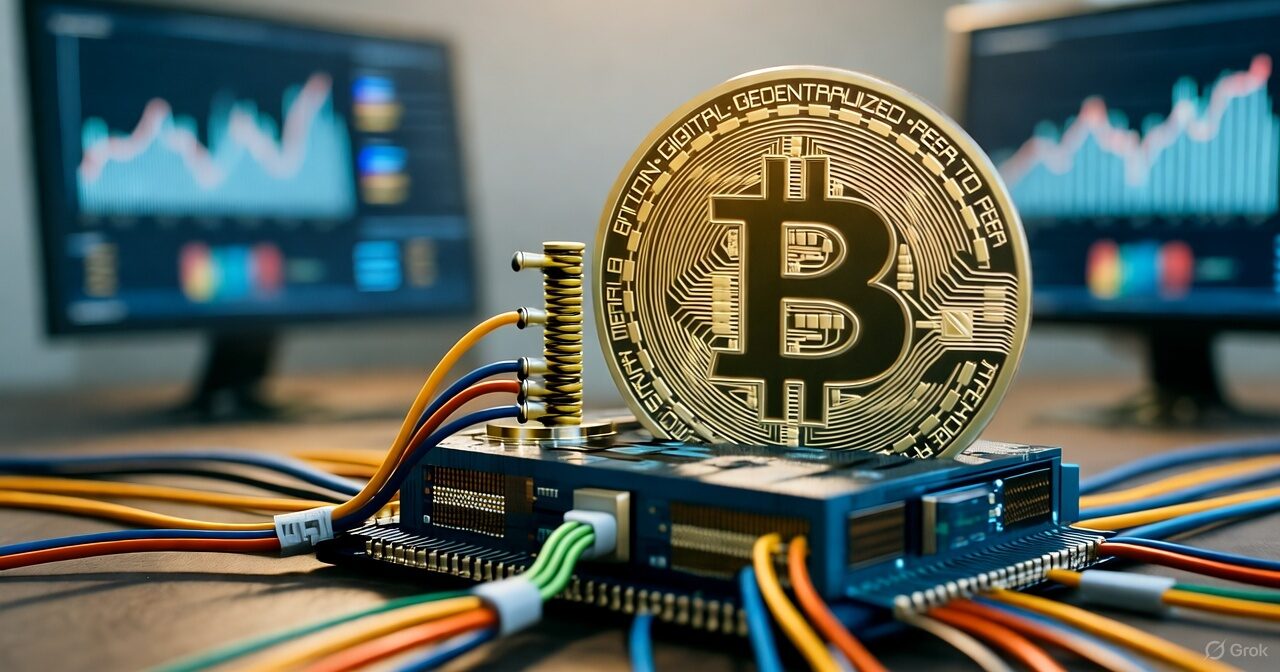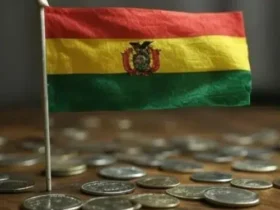Such non-monetary transactions are made up of embeddings in OP_RETURN and Ordinals.
At the beginning of October, almost 1 in 2 transactions did not transfer money in Bitcoin.
In the last 90 days, 37% of Bitcoin block space was occupied by data that does not convey monetary value.
In terms of capacity, this represents about 0.58 megabytes (MB) per block. If each block is considered to have a maximum size of 1.5 or 1.6 MB on average, according to data from mempool.space, this is a significant proportion.
Those 0.58 MB are composed by exits through the opcode OP_RETURN (0.36 MB) and embedded data using the Ordinals protocol (0.22 MB).


These data reinforce a trend already observed at the beginning of October, when CriptoNoticias reported that almost the half of the transactions recorded in Bitcoin did not move moneybut corresponded to other types of registrations or data storage using OP_RETURN.
Bitcoiners debate how the network is being used
According to node developer and operator Renaud Cuny, much of this occupation comes from users who use the network to save information that is not related to payments.
In his analysis, published in X, wrote:
The fees spammers pay are very low to get their files stored forever on someone else’s computer. In essence, they are free riding on a $2 trillion network built and secured for payments. And version 30 (of the Bitcoin Core client) has just been released. This gets worse. And some are still wondering why a soft fork is on the table.
Renaud Cuny, Bitcoin developer.
The developer refers to what he considers an inefficient use of space in the blocks. According to their approach, people who insert non-monetary data into the network pay low fees, but benefit from the same level of security as users who send payments.
For Cuny, this practice strains the original function of Bitcoin as a value transfer system and aggravates debates about the need to introduce changes to the protocol, such as the possible soft fork to limit this type of operations recently presented.
While the presence of non-monetary transactions can saturate block space and raise fees, miners benefit directly from that congestionas they charge for each transaction included in blocks that would otherwise be emptier.
The more users compete for space on the block, the more commission income increases, which would incentivize miners to keep the network operational and secure.
The debate was expanded with the response of the developer Wicked, who considered than the release of Bitcoin Core v.30 would not have a significant impact on this issue:
The v30 won’t make much difference. Nothing in it makes it easier for spammers, who were already preferably connected to each other, to transmit their data to miners, who had already relaxed their policies.
Wicked, bitcoiner developer.
With this, Wicked points out that the technical changes recently introduced they do not alter the conditions propagation of this type of transactions.
In his opinion, users who seek to include non-monetary data already have mechanisms and connections that allow them to easily reach the miners, so the problem would not be related to the new version of the software, but rather to the transaction acceptance and retransmission policy that some operators apply voluntarily.
The competing positions reflect a persistent tension between preserving the network’s original monetary purpose and those promoting diverse ones, such as subscriptions.






Leave a Reply